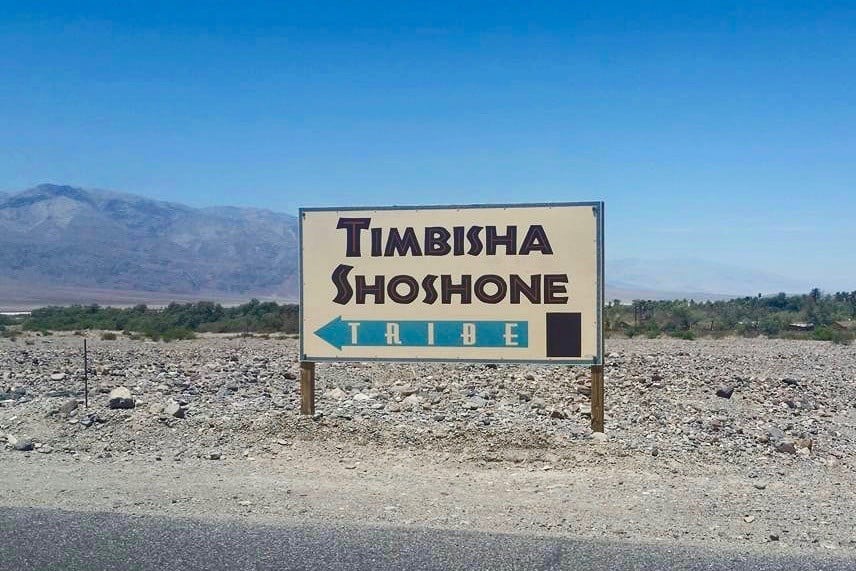Ridgecrest, California Casino Back on Track as City and Death Valley Tribe Settle
Posted on: January 29, 2020, 05:00h.
Last updated on: January 29, 2020, 05:29h.
A controversial tribal casino project in Ridgecrest, California will move ahead, after the Timbisha Shoshone tribe of Death Valley announced it had resolved its dispute with the city this week.

Ridgecrest has agreed to sell the parcel of land earmarked for the casino to the tribe’s developer, Global Investment Enterprise Ridgecrest (GIER), for $5.5 million in return for the cessation of all litigation.
The tribe had sought pretrial arbitration with the city of Ridgecrest after council officials voted in December 2018 to terminate a casino land-sale agreement that had been signed two years previously.
Officials claimed the casino concept had become divisive to the local community.
But the tribe argued that the city was still legally obligated to sell the plot under the terms of the 2016 Municipal Services Agreement (MSA).
Economically Devastating
In June last year, GIER’s Nigel White threatened to sue the city if it failed to adhere to the MSA — and he wasn’t pulling punches.
He cited the case of another California town, Mammoth Lakes, which was forced to declare bankruptcy after being sued for $30 million when it backed out of an Airport Development Agreement.
…[L]egal challenges could be economically devastating to the City of Ridgecrest given its financial challenges and need for more public safety, infrastructure development, affordable housing, and employment opportunities for its citizens,” White wrote in a news release.
Undue Political Influence
Ridgecrest officials were apparently emboldened to back out of the deal because of a holdup at the Department of the Interior.
Because the casino would be built on land outside of the Timbisha Shoshone’s reservation, the tribe needed sign-off from the DOI’s Bureau of Indian Affairs (BIA) before it could move ahead.
But the DOI delayed the application deliberately, according to the tribe. In May 2019, the tribe sued the DOI, claiming it was purposefully obstructing the process because of “undue political influence.”
Two weeks later, on June 2 last year, the tribe received approval in the form of a letter from the BIA, but it was dated September 27, 2018, more than a year earlier.
This meant the city had voted to tear up the MSA just weeks after the project had been approved internally at the DOI.
It will add fuel to the theory that someone at the DOI was trying to disrupt the project — especially because, at the same time, similar accusations by two tribes in Connecticut prompted an FBI investigation into former Interior Secretary Ryan Zinke.
Was DOI Obstructing?
The MSA would have expired in October 2017 if no sale occurred, according to its terms. But the developers paid $113,000 to extend the agreement for another year.
In October 2018, with no word from the DOI, the developers opted to hold back on payments, unaware the project had just been approved.
This allowed Ridgecrest City Council to conclude it was free to wash its hands of the casino, while the DOI inexplicably sat on the application.
“The Tribe appreciates the willingness of the City of Ridgecrest to renegotiate our agreements so that we can move forward together,” Timbisha Shoshone Tribal Chairwoman White Dove Kennedy said in a statement this week.
“We look forward to a positive government to government relationship with the City, and to bringing an exciting new entertainment option to the residents of Ridgecrest.”
No comments yet